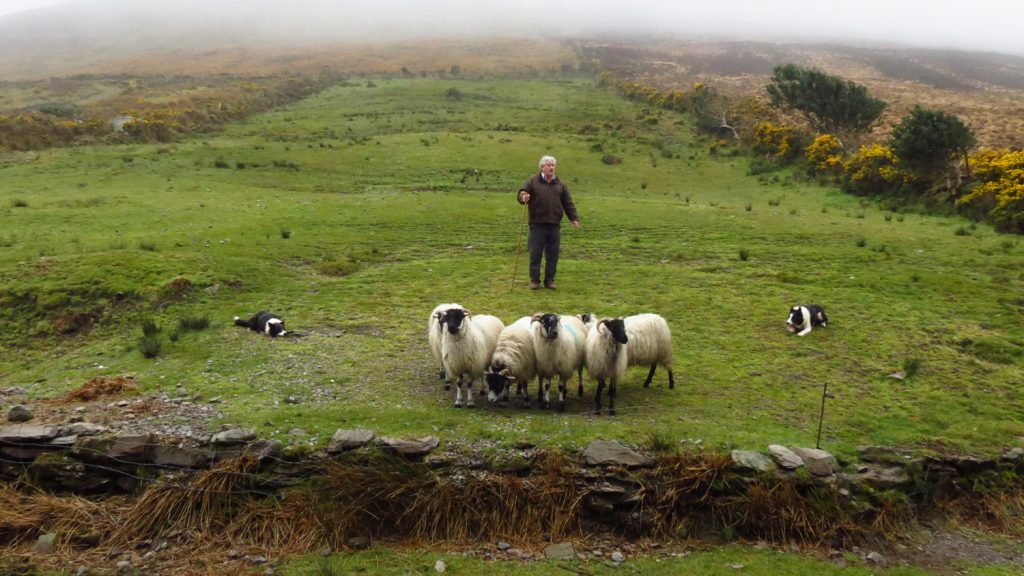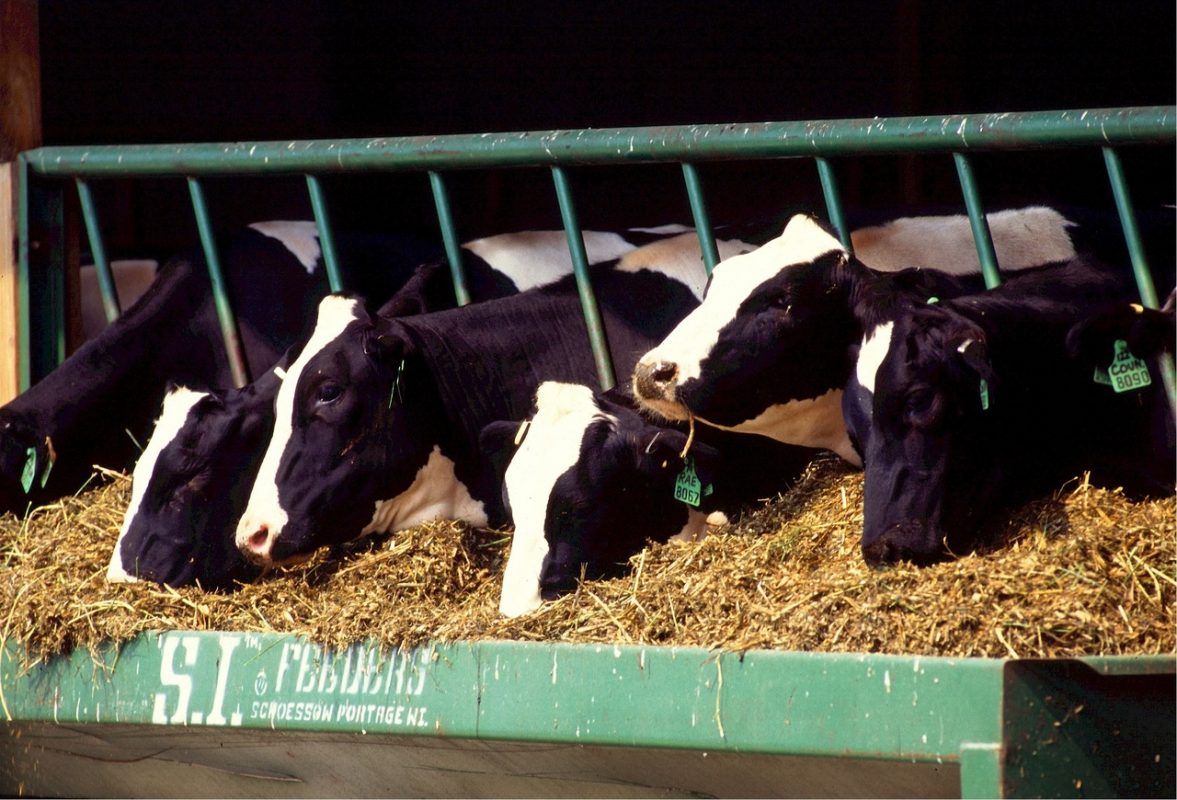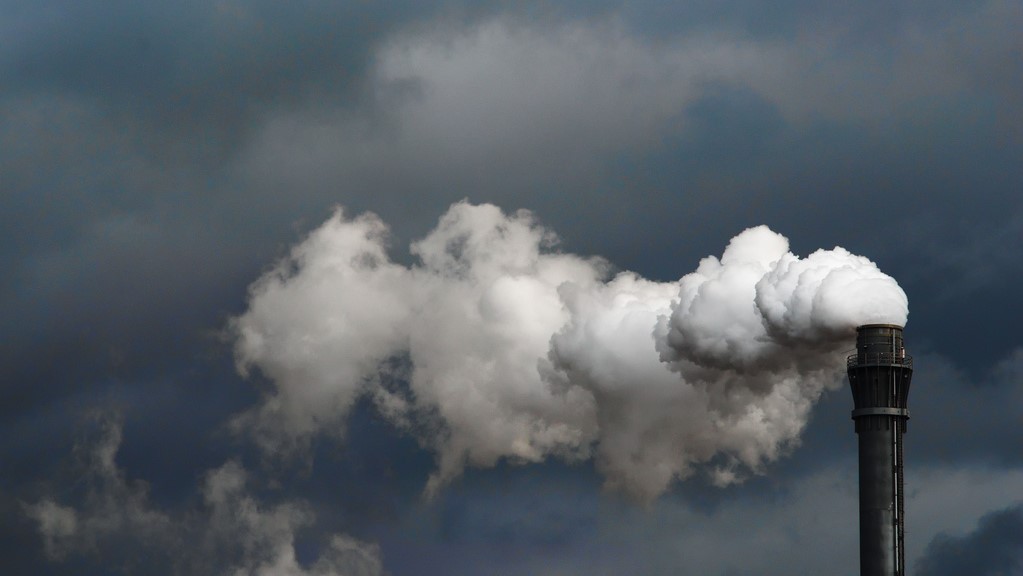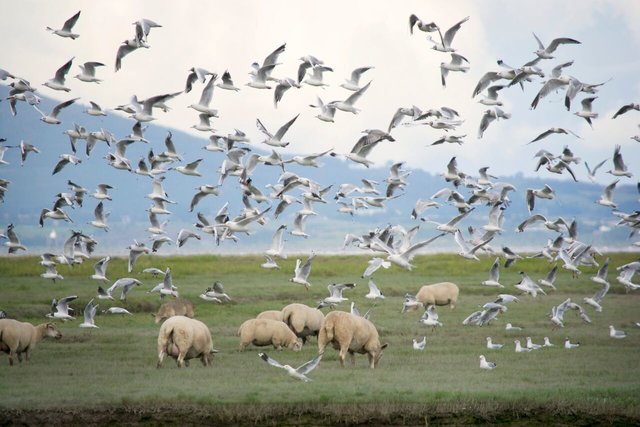3,600 scientists call for CAP overhaul to protect nature

March 9th, 2020
Thousands of European scientists have declared that the European Commission’s proposals for the next round of the Common Agricultural Policy (CAP) must be drastically improved to reverse environmental damage and restore biodiversity.
Over 3,600 scientists from across the bloc, including 58 from Ireland, have signed an open statement proposing 10 urgent actions to reform the CAP and to place long-term food security, biodiversity protection, and climate mitigation at its core.
The scientists’ statement comes at a crucial moment as the next period of CAP funding (2021-2027) is negotiated in parallel with discussions on the post-2020 EU budget.
The scientists’ proposals include a significant step up in support for farmers’ to transition to nature-friendly farming, including a call for the devotion of at least 10 per cent of all farmland area to natural habitats such as hedgerows, wetlands or wildflower margins.
They also want to see tighter environmental monitoring and enforcement under the next CAP, as well as “clear, adequate, measurable and time-bound targets” for States to met in order to fulfil their CAP objectives including biodiversity protection, climate action and development of rural areas.

Overhaul of system needed
The current CAP, the statement states, is a central driver of the biodiversity and climate emergencies as it funds practices that can cause significant biodiversity loss, climate change, and soil, land and water degradation. In Ireland, this includes impacts on various farmland bird populations such as the Corncrake, Curlew and Barn Owl.
The scientists also want direct payments to be phased out by 2030 due to the “poor performance for both income and sustainability”. At present, the main factor determining how much support a CAP recipient gets is the size of their farm, ensuring that around 80 per cent of payments currently go to around 20 per cent of farmers.
This occurs regardless of the environmental quality of their farming, the statement states, with smaller farmers, often with more high nature value farmland, losing out.
As it stands, almost 60 billion – nearly 40 per cent of the total EU budget – is spent every year on CAP subsidies that mostly goes toward intensive farming practices. The scientists want at least 30 per cent of direct payments to be ring-fenced for eco-schemes to ensure the provision of public goods.
Last November, over 2,500 scientists have sent a letter to the European Parliament outlining “catastrophic declines” suffered by birds, mammals, reptiles, amphibians, and insects from intensive agricultural practices.
The letter from five leading biodiversity foundations, including the European Ornithologists Union and European Mammal Foundation, laid the blame for intensification at the current structure of the CAP that it says has encouraged landscape simplification and consolidation, major increases in pesticide use, irrigation expansion and the destruction of pasture lands.
The “unequivocal scientific consensus” is that these activities have led to a 55 per cent decline of European farmland bird populations between 1980 and 2015, as well as declines in insect populations and other impacts on a variety of species that depend on farmland habitats in Europe.

Time for Irish action
Welcoming the scientists’ “unprecedented” declaration, Oonagh Duggan of BirdWatch Ireland called on our Government to “lead on the radical change needed in national and EU agriculture policy to protect nature”.
“Elected members of Dáil Éireann and the European Parliament declared a biodiversity, environmental and climate emergency in the last year and now they must act like it in upcoming CAP, EU budget, and EU Green Deal decision making,” she added.
“The CAP really needs three key things to restore nature on farmland: dedicated space for nature on all farms and ramped up support for High Nature Value farmers, money for nature protection and a just transition for farmers to environmentally friendly farming,” Ms Duggan said.
Similar recommendations were recently put forward by a group of Irish scientists in a set of six ecological principles they say should form the basis of Ireland’s national CAP strategic plan.
The CAP4Nature grouping also calls for long-term planning to ensure adequate support for natural processes that deliver beneficial ecosystem services, as well as a need to strengthen grassroots links between consumers, producers, and nature.
This, they say, will have the dual benefit of enhancing farmers’ livelihoods while also ensuring greater biodiversity protection in a sector that currently has a largely negative impact on nature.
In Ireland, CAP-supported Irish results-based agri-environment schemes and European Innovation Projects with farmers are trialling measures to improve on-farm biodiversity as well as climate measures.
In Cork, for example, the Farming with Nature Bride Project provides farmers with wildlife management options for individual farms and provides incentives to farmers with a large habitat.
Donal Sheehan, a dairy farmer from Castlelyons and one of the farmers behind the project, said that the CAP is currently “not fit for purpose” and that the next round needs to reward farmers “delivering on biodiversity, water quality and carbon sequestration”.
“All of these ecosystem services are as important as food production, but at present they seem to be considered worthless. Small famers need to be supported in such a way that every farmer is valued for their contribution to a vibrant rural economy,” he added.
[x_author title=”About the Author”]







